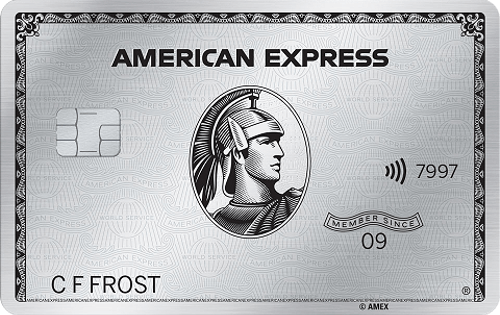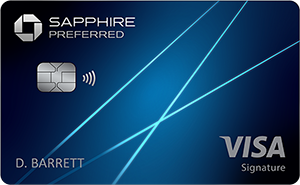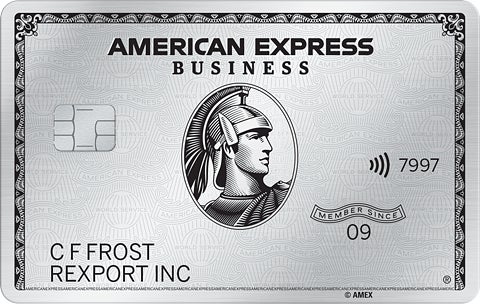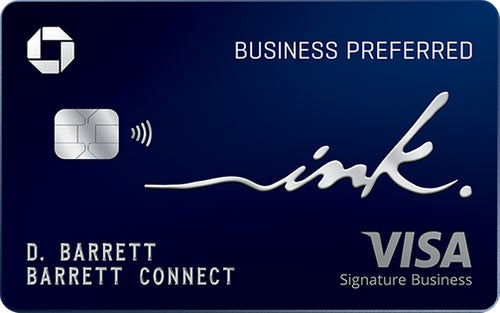Stephen Au
Stephen Au
Former Senior Content Contributor
477 Published Articles
Countries Visited: 24U.S. States Visited: 22
Stephen is an established voice in the credit card space, with over 70 to his name. His work has been in publications like The Washington Post, and his Au Points and Awards Consulting Services is used...
Edited by: Kellie Jez
Kellie Jez
Director of Operations & Compliance
6 Published Articles 1294 Edited Articles
Countries Visited: 10U.S. States Visited: 20
Kellie’s professional experience has led her to a deep passion for compliance, data reporting, and process improvement. Kellie’s learned the ins and outs of the points and miles world and leads UP’s c...
![The 10 Best Credit Cards for Trip Delay Insurance and Coverage [2025]](https://upgradedpoints.com/wp-content/uploads/2025/06/Amex-Platinum-Card-Orange-Wallet-Upgraded-Points-LLC-1-Large.jpg?auto=webp&disable=upscale&width=1200)










![The 9 Best Credit Cards for Trip Cancellation and Interruption Coverage [2025]](https://upgradedpoints.com/wp-content/uploads/2022/09/Amex-Platinum-Upgraded-Points-LLC-05-Large.jpg?auto=webp&disable=upscale&width=1200)
![The 7+ Best Credit Cards for Travel Accident Insurance [2025]](https://upgradedpoints.com/wp-content/uploads/2019/08/Chase-Ink-Business-Preferred-Sapphire-Preferred-Sapphire-Reserve-World-of-Hyatt-Card-Upgraded-Points-LLC.jpg?auto=webp&disable=upscale&width=1200)
![Chase Freedom® Credit Card — Full Review [2025]](https://upgradedpoints.com/wp-content/uploads/2019/11/Chase-Freedom-Card.png?auto=webp&disable=upscale&width=1200)
![The 16 Best Secured Credit Cards For Those With Bad Credit [or No Credit]](https://upgradedpoints.com/wp-content/uploads/2018/07/Collection-of-Credit-Cards-Wallet-on-table.jpg?auto=webp&disable=upscale&width=1200)